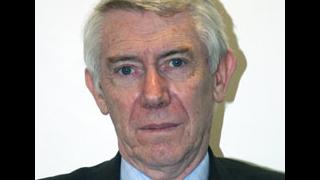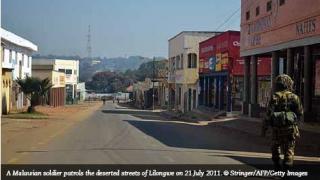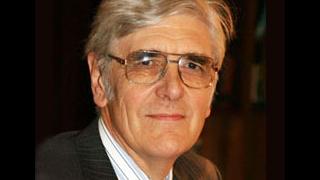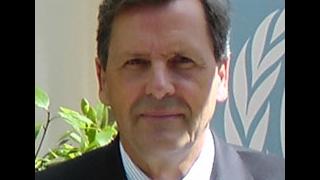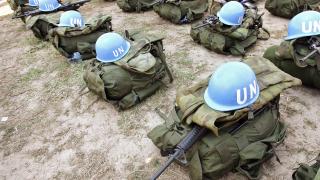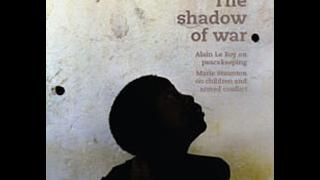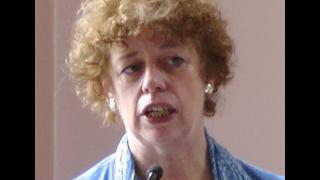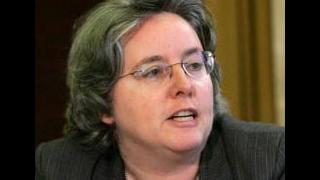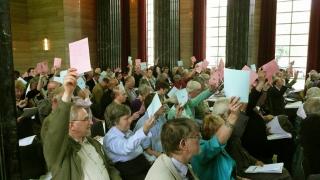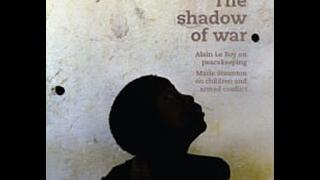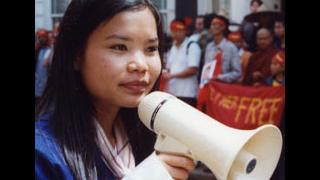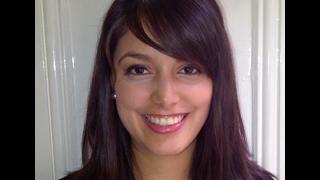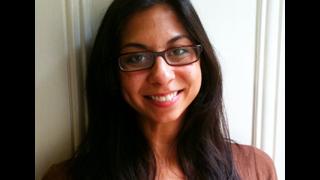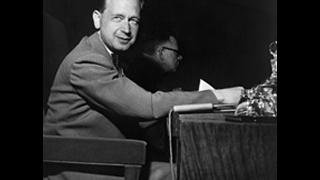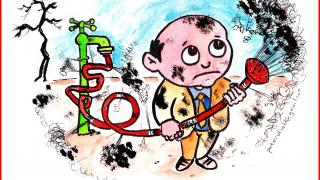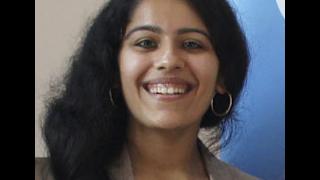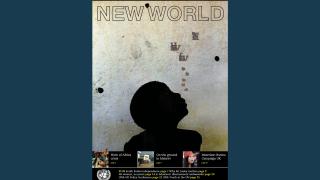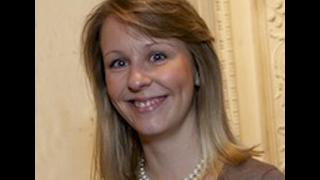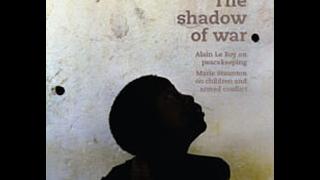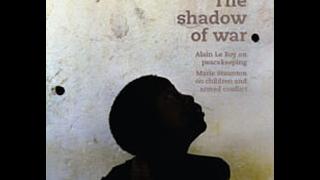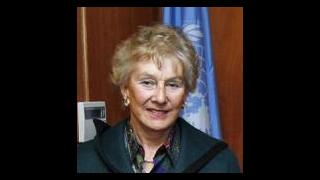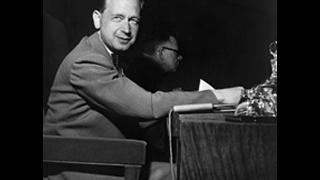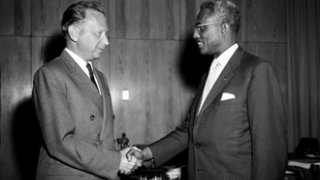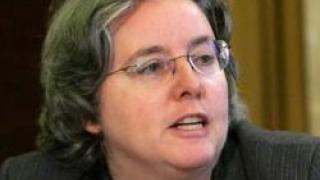
I recently attended a course on negotiation at Oxford University's Saïd Business School and came across an interesting term that all good negotiators should apparently master: ZOPA, which is an acronym for the Zone of Possible Agreement. Our tutors taught us that negotiations succeed best when you try to expand the ZOPA between you and the other parties, instead of trying to grab as much of the pie for yourself so that you win and they lose.
This got me thinking about another zone - the proposed Middle East zone free of nuclear weapons as well as other weapons of mass destruction, on which I worked at the May 2010 Nuclear Non- Proliferation Treaty Review Conference (RevCon) in New York.
One person at the RevCon who had clearly mastered the concept of ZOPA was Alison Kelly, the Irish diplomat who crafted the consensus for an international conference in 2012 on how to take forward the Middle East zone proposal.
I tried to analyse what had enabled us to find our ZOPA. My unscientific results are that we succeeded because we had:
• A trusted diplomat (Kelly) to help us to identify common ground, push us to give a bit more and then translate it into UN-speak to seal the deal;
• Good leadership of the delegations involved, which meant a willingness to take the risks needed to build trust with the other parties. This ultimately produced an atmosphere where people wanted to, and believed they could, create something together; and
• Coffee. In international diplomacy coffee is not just a drink but a negotiating venue. The RevCon deal was crafted over vats of coffee and at receptions, as well as more formal but equally caffeine-fuelled meetings.
For me, the most important elements were trust and belief. The former because we had to overcome years of suspicion and recrimination since the resolution on the Middle East zone was first adopted in 1995. And the latter because multilateral diplomacy is like the theatre, especially the bit about the actors and audience suspending their disbelief. In our case, it was that heady mix of trust and belief in ourselves that carried the day.
We are now planning for the 2012 conference and the UK has a special role to play in shaping the preparations. The RevCon's final outcome document asks us - together with the US, Russia and the UN Secretary-General - to appoint a facilitator and find a host for the conference. We have been working behind the scenes to do just that, and are making progress.
I hope to remain involved in the work on this conference because I believe we can, collectively, make the Middle East zone a reality. However, we, and other international players, must take care not to put ourselves in a position where it appears that we want success more than the regional players themselves. We will help. But in the end it will fall to them to create the atmosphere that will allow them to find their optimal ZOPA.
Jo Adamson is UK Ambassador and Permanent Representative to the Conference on Disarmament in Geneva. She writes here in a personal capacity
* The term of art is "Middle East zone free of nuclear weapons as well as other weapons of mass destruction". The formula used here is for the sake of brevity.

